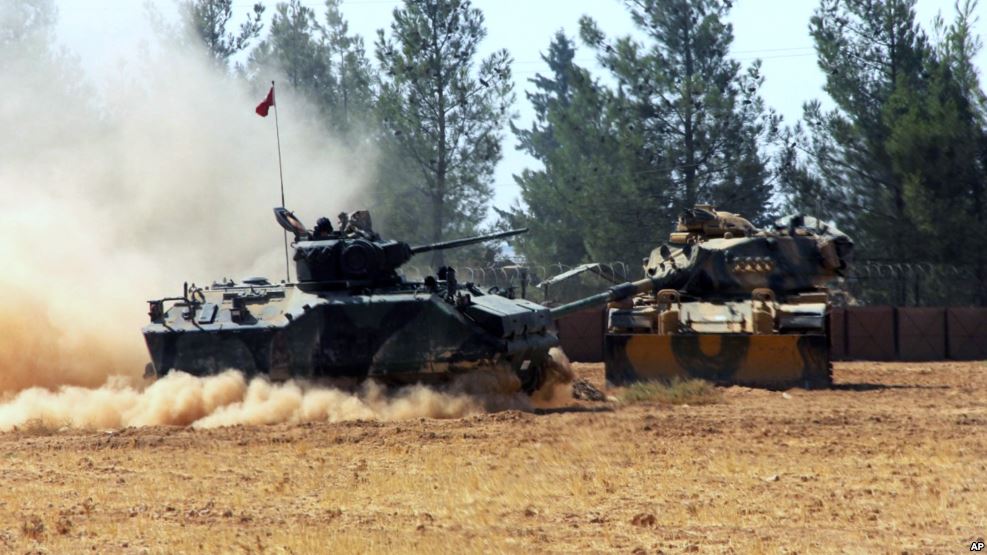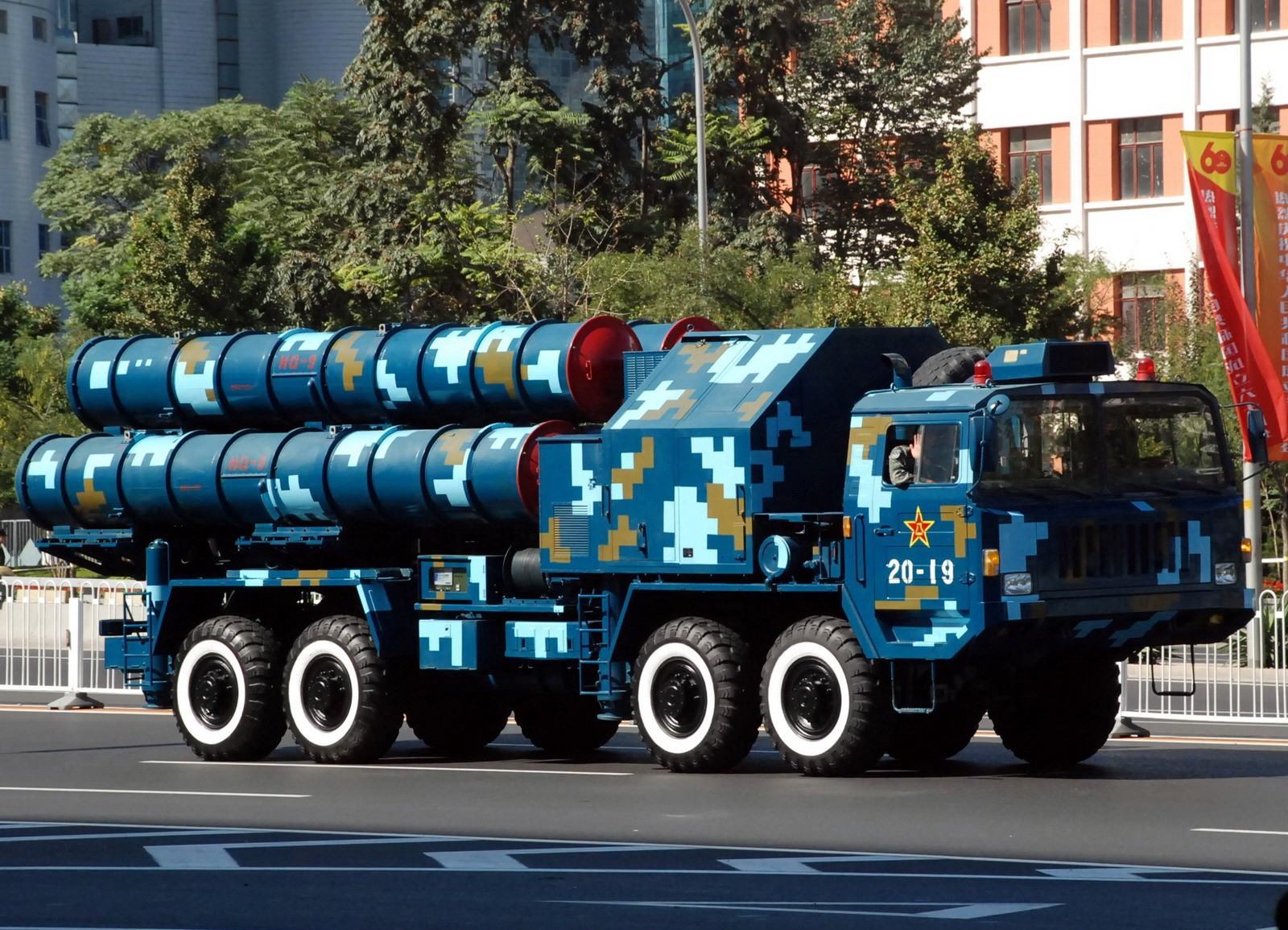2907Views 0Comments

Turkish Army & Free Syrian Army dislodged ISIS from Jarabulus
With the support of the Turkish Army, the Free Syrian Army (FSA) successfully fought and dislodged ISIS from the border town of Jarabulus.
According to the Turkish state-owned media outlet Anadolu Agency, a number of displaced persons had begun returning to Jarabulus on Thursday. In addition, Turkey’s Special Forces commander, Lt. General Zekai Aksakallı also visited the town to inspect the situation on the ground.
According to the Turkish news outlet Hurriyet Daily News, Lt. Gen. Aksakallı played an instrumental role in suppressing the failed coup attempt that transpired in July.
On Wednesday, Turkey launched Operation Euphrates Shield in a stated bid to remove ISIS from a number of areas along the Syrian-Turkish border.
Speaking to CNN, a U.S. defence official had confirmed that no U.S. troops were involved in the Jarabulus operation, though it was in close contact with the Turkish military. The official termed Turkey’s entry as “very significant.”
No verifiable details were provided in regards to casualties on either side. Local media reports claim that 46 ISIS fighters were killed in the Turkish-FSA attack. According to the Australian Broadcasting Corporation (ABC), the U.S. Vice President Joe Biden had assured Turkey that Kurdish groups would not interfere in Turkey’s operations.
Notes:
Thus far, Turkish tanks with artillery and air support (from Turkish Air Force F-16s) have been reported in the Jarabulus area. FSA and Turkish ground forces also received air support from the U.S. (Military Times).
According to the Institute for the Study of War (ISW), 1,500 rebel fighters – alongside Turkish Special Operations Forces (SOF) – were involved in the operation to seize Jarabulus from ISIS. President Erdogan was on record of saying that Turkey’s entry was in response to ISIS as well as the Kurdish YPG, though the impact of Turkey’s entry on the YPG (which is supported by the U.S.) is not clear.
Interestingly, the YPG began shifting its forces to the east of the Euphrates River, ostensibly in a move to begin preparing for an assault on Raqqa, an ISIS stronghold in Syria (ISW). It seems that the YPG is indeed maneuvering in concert with Turkey’s deployments (i.e. avoiding clashes or standoffs).


